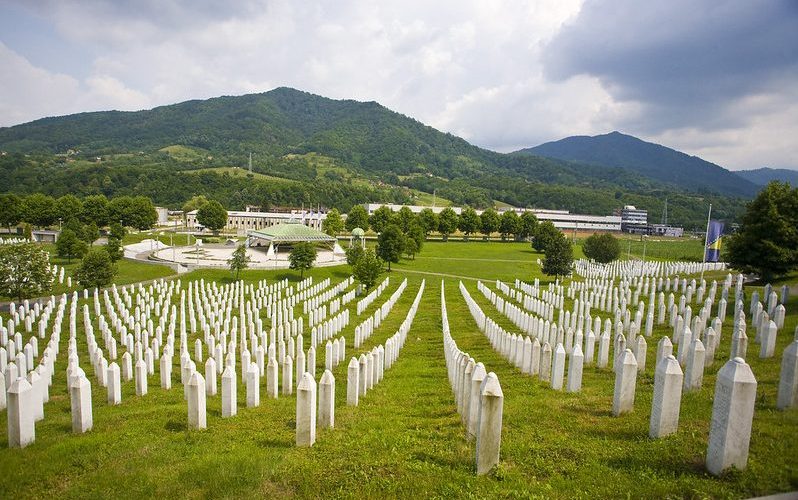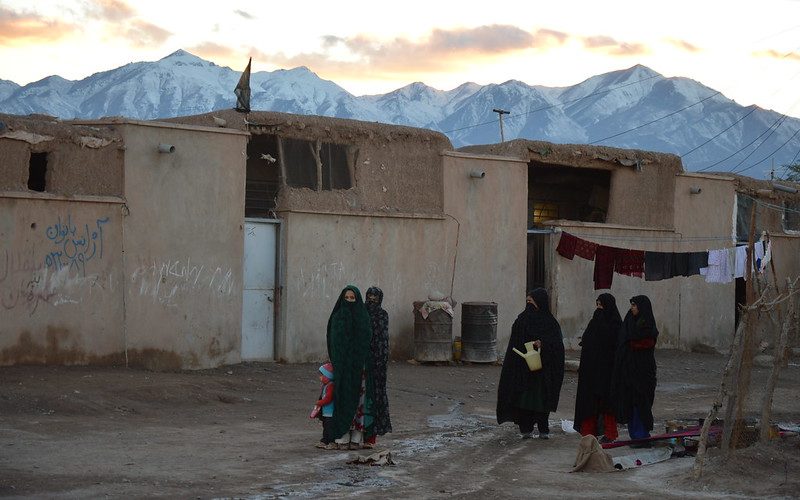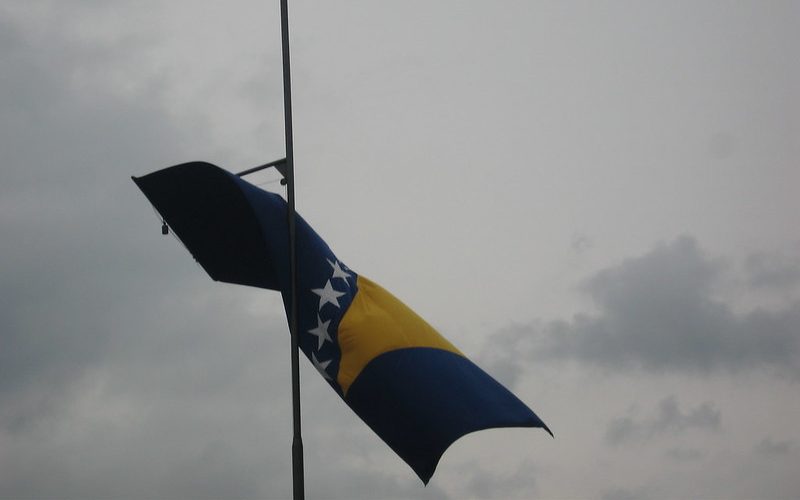
The Breakup of a State: The Balkan Model of the Holocaust
Only a few decades after World War II, the international community largely failed in its role as an intermediary in the war that followed the breakup of Yugoslavia. On the doorstep of the 21st century, new genocides took place in Europe with the ethnic cleansing in Srebrenica, Prijedor, Foca, Bratunac, Sarajevo, as well as all the occupied places and cities under siege in the Republic of Bosnia and Herzegovina. The terrible events in Srebrenica left a black shadow on European history. According to the International Committee of the Red Cross, 7.079 Bosnian Muslims were killed in Srebrenica between July 12 and 16, 1995, in what turned out to be the worst genocide in modern Balkan history.

Why Taliban takeover of Afghanistan should worry the Western Balkan states
Even though President Biden’s arguments for troop withdrawal from Afghanistan are legitimate, one could not have expected to have an organized national response from a country in which the process of nation-building is incomplete. The United States cannot ignore terrorist thugs undoing 20 years of progress in the field of women’s rights and civil society. The international community cannot ignore that, as Kabul falls into the hands of the Taliban, Afghanistan may become a hotspot for terror organizations.

Bosnia’s Flawed Response to EU Enlargement and “Mini-Schengen”
In 2019, the President of Serbia Aleksandar Vucic announced that he, along with Prime Minister of Albania Edi Rama and the Prime Minister of North Macedonia Zoran Zaev, signed a declaration of intent to establish the free movement of people, goods and capital between these three countries in the Western Balkans – a Mini-Schengen, they called it. The response of Bosnia and Herzegovina to the initiative was flawed, to say the least.

